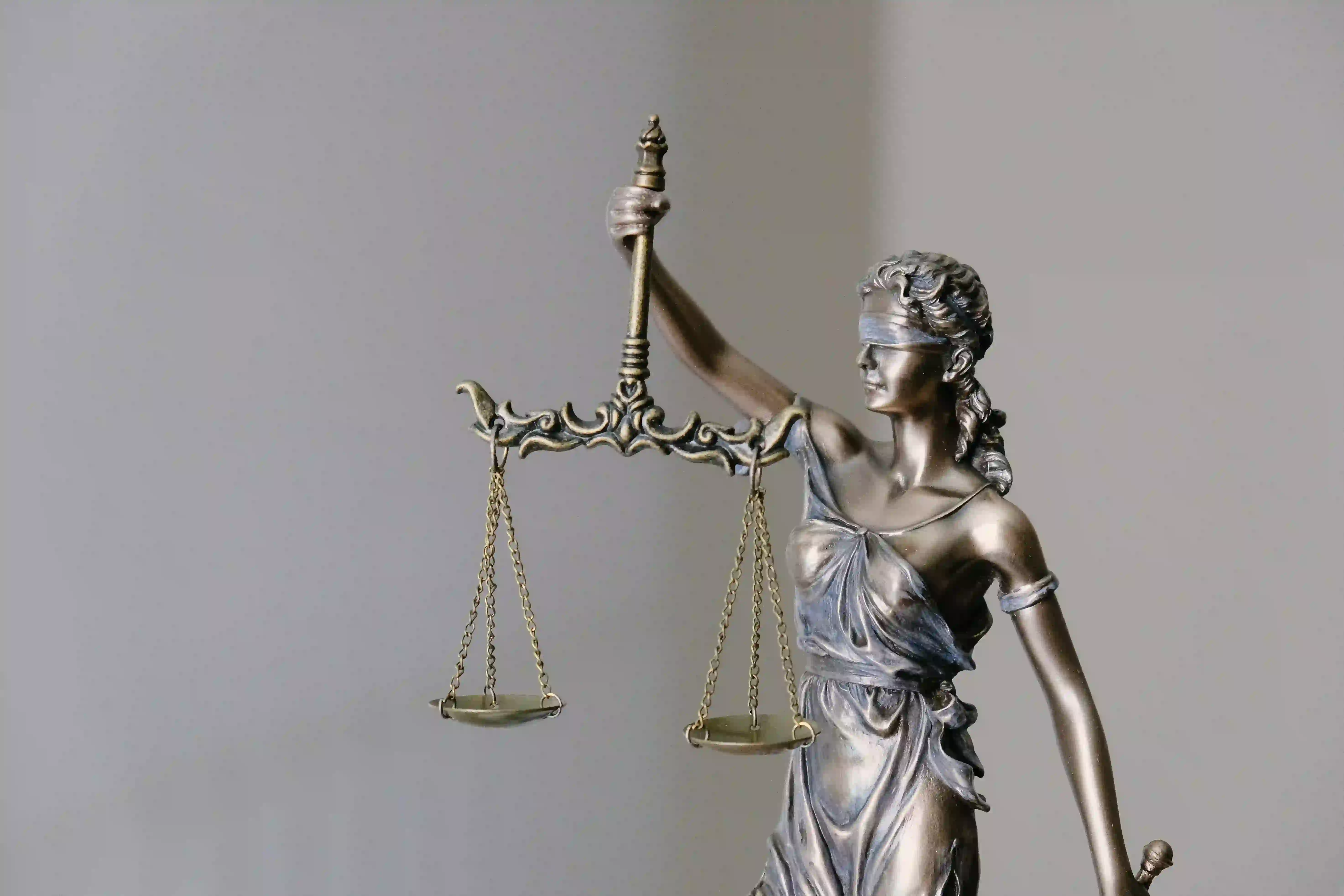Democracy is often heralded as a system of governance that not only allows but facilitates equal opportunity for participation and representation. The question of whether this extends to economic equality, particularly in terms of income or wealth, is a complex and multifaceted issue. This essay explores the interplay between democracy and economic equality, drawing on insights from Scheve and Stasavage’s work, to understand the intricacies of this relationship.
The Link Between Democracy and Economic Equality
The intuitive assumption that democracy naturally leads to wealth equality is scrutinized by Scheve and Stasavage. They argue that while democratic institutions provide a framework where the majority could influence wealth redistribution, this does not automatically translate to equal economic outcomes. The historical and empirical evidence suggests that the coexistence of democracy with high levels of wealth inequality is not only possible but prevalent.
Democratic Institutions and Wealth Distribution
Democratic institutions are theoretically designed to reflect the will of the majority. If the majority of the populace is not wealthy, one could expect that democratic mechanisms would facilitate policies that redistribute wealth. However, Scheve and Stasavage’s analysis reveals that the relationship between democratic governance and wealth distribution is not straightforward. They highlight three conditions under which democracy might not lead to wealth equality:
Social Cleavages: When societies are divided along lines other than wealth, such as religion or ethnicity, this can inhibit the adoption of wealth-equalizing policies.
Fairness Beliefs: The belief systems of voters around the fairness of redistributive policies play a crucial role. If a significant portion of the populace, including those without wealth, perceive redistribution as unfair, they are unlikely to support wealth-equalizing measures.
Captured Democracy: If the democratic process is heavily influenced by the wealthy, they may leverage their power to prevent the adoption of policies that would dilute their economic status.
The Mechanisms of Influence
Democracy’s impact on wealth equality can be seen through various mechanisms:
Policy Implementation: The specific policies adopted by democratic governments, such as taxation and public education, can significantly influence wealth distribution. However, the effectiveness and targeting of these policies can vary greatly.
Political Will and Public Opinion: Democracy operates within the realm of public opinion and political will. If the electorate does not prioritize economic equality, or if the political elite do not champion such policies, democracy may not lead to changes in wealth distribution.
Global Economic Structures: The influence of global economic structures and the relative power of capital can limit the ability of democratic governments to enforce wealth-equalizing policies, particularly in the face of economic globalization.
Wealth Inequality: A Democratic Outcome?
Wealth inequality in a democracy can be a product of multiple factors that extend beyond the mere presence of democratic structures. Scheve and Stasavage point out that wealth inequality is often a result of historical economic structures, policy choices, and the distribution of political power. Thus, while democracy provides a potential pathway to address wealth inequality, it does not guarantee economic equality.
The Role of Historical Context
The historical context of wealth distribution in a given society plays a significant role in shaping current economic inequalities. The authors highlight that initial conditions, such as land distribution and historical institutions, can have a lasting impact on wealth inequality.
Economic Policies and Democratic Choice
Economic policies within democratic societies reflect a balance of interests, which may not always align with wealth redistribution. The decision to implement wealth-equalizing policies is contingent upon a complex interplay of political interests, public opinion, and economic realities.
Wealth Inequality and Political Power
The concentration of wealth can lead to a concentration of political power, challenging the democratic ideal of equal influence. The phenomenon of policy capture by the wealthy indicates that even in democratic societies, economic power can translate into political power, thereby influencing the policy outcomes in favor of maintaining wealth inequality.
Conclusion
Democracy, as a system of governance, does not necessitate equality of income or wealth. While it provides mechanisms that could potentially facilitate economic equality, the existence of democracy does not automatically equalize wealth distribution. Scheve and Stasavage’s work underscores that wealth inequality is compatible with democratic sustainability. The effectiveness of democracy in addressing economic disparities depends on a variety of factors, including the nature of political institutions, societal values, and the balance of political power.
In summary, while democracy offers a framework for addressing wealth inequality, it is not a panacea. It requires a confluence of supportive public opinion, effective policy measures, and a political will to leverage the democratic process towards economic equality.
